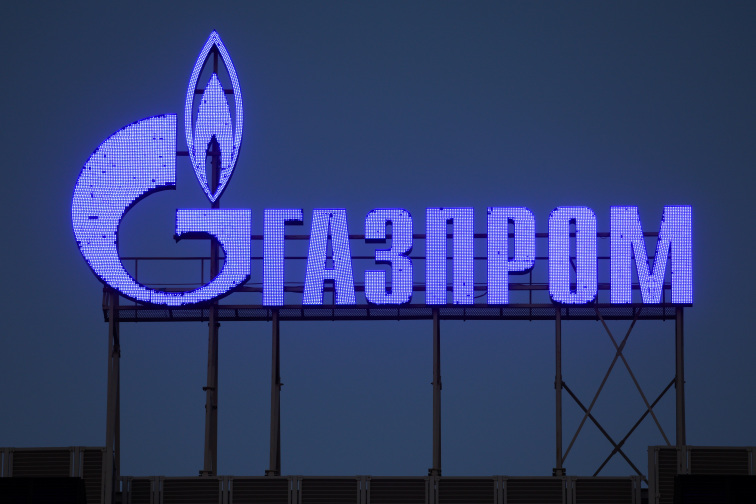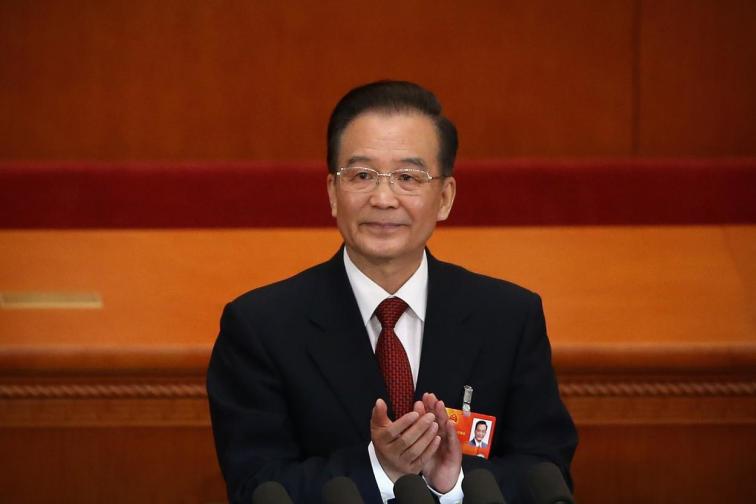The top news stories of 2024, as selected by the public, are completely different from those chosen by the Chinese Communist Party (CCP) officials. (Composite image from the internet)
[People News] Recently, the Chinese Communist Party (CCP) and the general public each released their respective lists of the top ten news stories of 2024. However, these two sets of news summaries are entirely different, reflecting starkly contrasting perspectives between the authorities and the populace. Specifically, the official list focuses on promoting the CCP’s so-called “greatness, glory, and correctness,” while the public’s list highlights issues such as food safety, unemployment, and property devaluation—pressing livelihood concerns that reveal the helplessness and unease in ordinary people's lives. This stark contrast underscores that the CCP neither understands public sentiment nor genuinely represents the Chinese people.
On December 29, the CCP's Central Radio and Television Station released its top domestic and military news stories for 2024. These included events like the 20th Third Plenum of the CCP and the Rocket Force's launch of intercontinental missiles into the Pacific Ocean, emphasizing governance accomplishments. Similarly, Xinhua News Agency’s domestic top news list focused on publicizing the CCP's achievements.
According to Radio Free Asia, Jia Lingmin, a retired teacher from Zhengzhou, criticized state media for ignoring significant social issues, leaving many major events to be exposed through social media. On December 30, she told Radio Free Asia:
“News media should pay more attention to public concerns and provide truthful reporting, but the news we see now rarely does so. Significant public incidents—those affecting people’s livelihoods, such as industrial oil being used as cooking oil or the Zhuhai man’s retaliatory rampage that killed and injured nearly 100 people—are barely covered. These are only seen on the internet after being shared by citizen journalists. Official media focuses solely on the ruling party.”
Chen, a legal professional in Guangdong, pointed out that the official list was largely political propaganda, while the public list reflected people’s most pressing concerns. He stated: “Without a doubt, 2024 was the most burdensome year. Many events the public cares deeply about are considered ‘negative energy’ by the authorities. We are somewhat returning to a pre-reform era, where political news is prioritized above all else. True livelihood issues that touch the hearts of the public are not treated as significant and are even suppressed. For example, after the Zhuhai incident, I received a call from the police warning me not to discuss the matter.”
Chen added that even the most indifferent individuals can feel the weight of major societal issues, which the government consistently avoids addressing. He cited a sharp decline in economic indicators:
“Everyone’s income has noticeably decreased. In the past, during better economic times, many could overlook issues like judicial injustice and government overreach because they were earning money. Now, with this primary source of comfort gone, these issues are harder to ignore.”
Wang, a petitioner from Taizhou, Jiangsu, recounted his experience of being forcibly repatriated during his rights defense efforts, a human rights violation absent from official reports. He said: “This year has been very heavy for me. Just a few days ago, I went to Tianjin, only to be abducted and forcibly returned to Taizhou by private security hired by the authorities, where I was detained for 24 hours. The official top news stories have nothing to do with us. They lack fairness and justice and ignore the livelihood issues of ordinary people. These are abstract, meaningless things.”
A netizen provided the outlet with a "civilian version of the top ten news stories," which includes events such as 100,000 university students in Zhengzhou riding to Kaifeng at night, the murder of a Japanese schoolchild in Shenzhen, Jiangxi woman Li Yixue exposing abuses inside a psychiatric hospital and subsequently being sent to one, police across various regions implementing "far-sea fishing" practices to increase fiscal revenue through illegal and irregular cross-regional arrests of private entrepreneurs, and actions such as seizing, freezing, or even transferring the property of out-of-town businesses and individuals. It also mentioned the closure of approximately 2 million restaurant businesses across China.
Additionally, Radio Free Asia received a "civilian version of the top ten news stories" from netizens, which pointed directly to significant events impacting the everyday lives of ordinary citizens. These included the Zhuhai off-road vehicle attack, incidents of industrial oil being mixed with edible oil, and the replacement of gas meters in multiple locations leading to skyrocketing payment demands. These events highlight widespread public concerns over safety, health, and economic pressures. Such concerns not only expose regulatory loopholes and tensions between officials and the public but also spark strong doubts about the transparency of policy implementation.











News magazine bootstrap themes!
I like this themes, fast loading and look profesional
Thank you Carlos!
You're welcome!
Please support me with give positive rating!
Yes Sure!